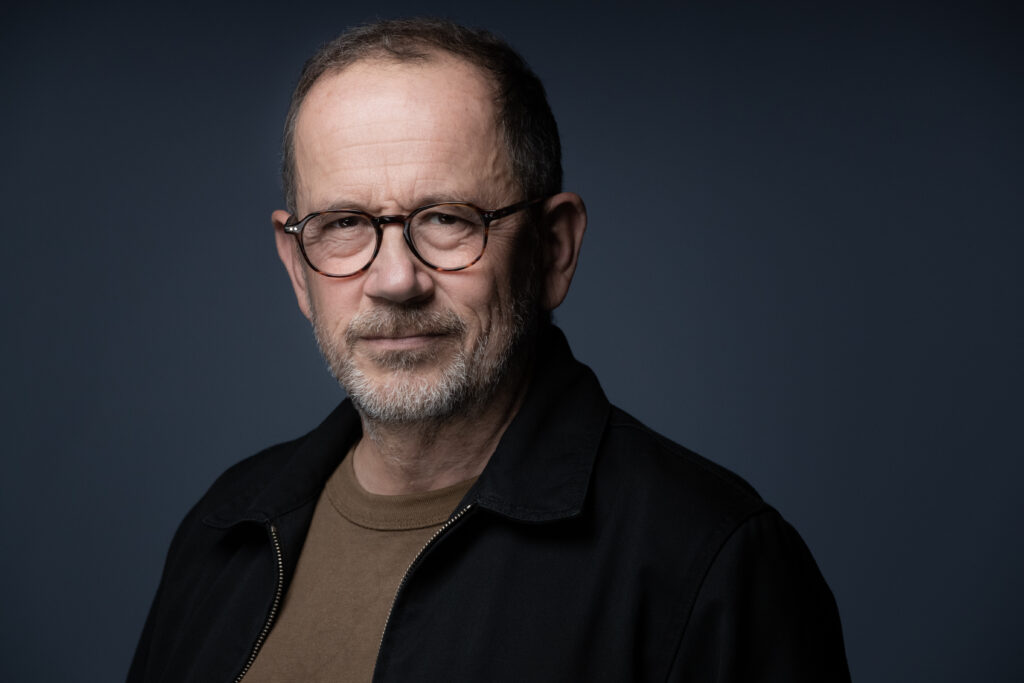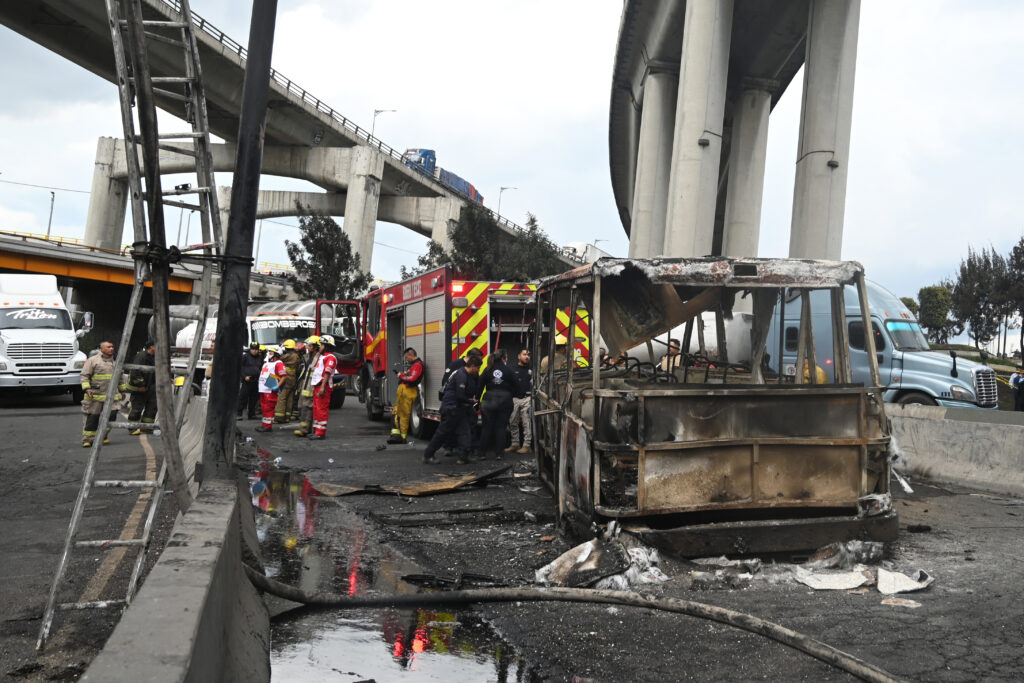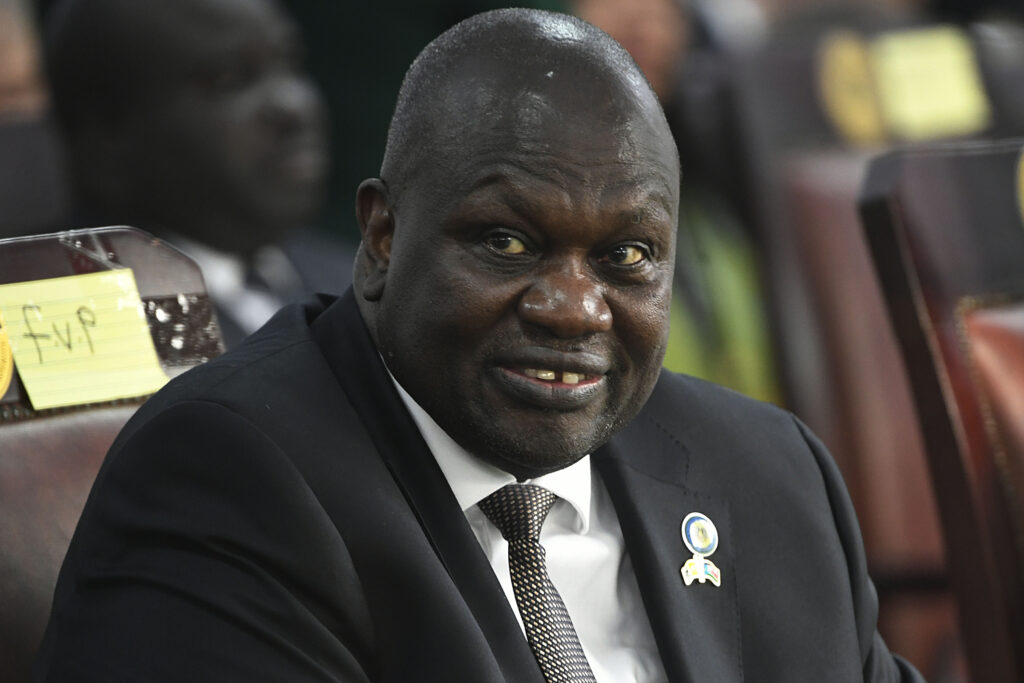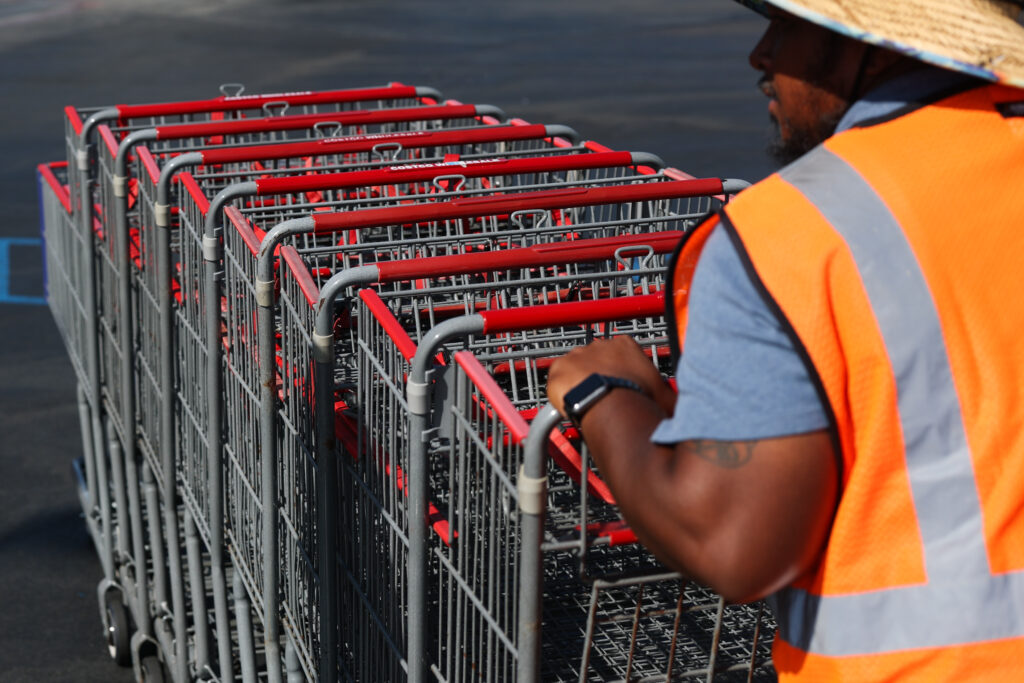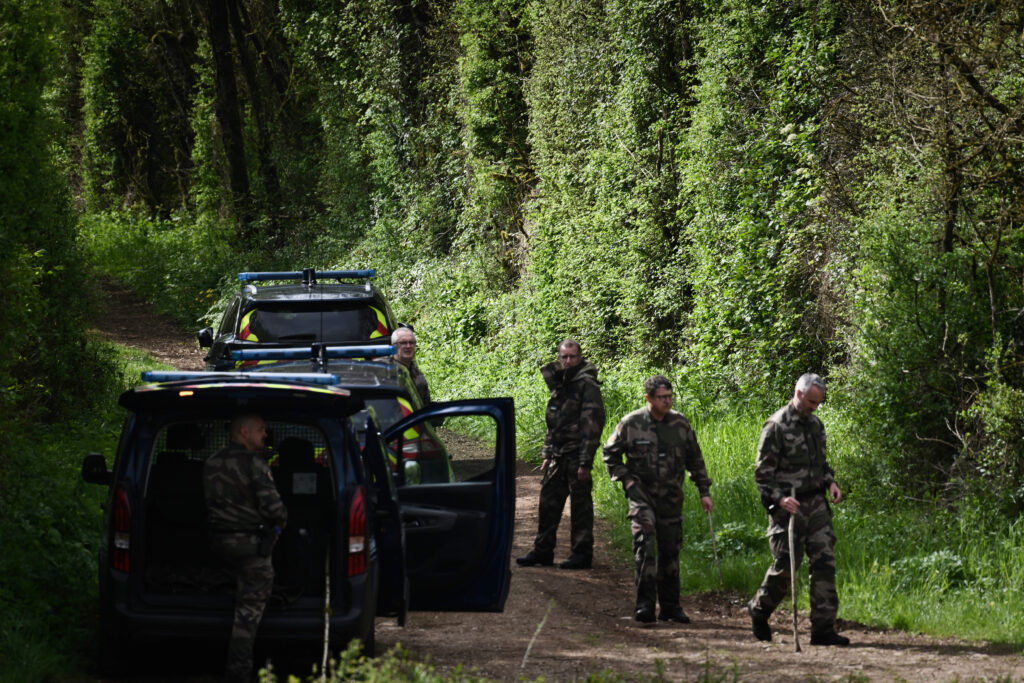Affaire Legrand/Cohen: les dirigeantes de France Télévisions et Radio France entendues par l’Arcom
Après la diffusion de vidéos montrant les journalistes du service public Thomas Legrand et Patrick Cohen avec des dirigeants du Parti socialiste, le régulateur de l’audiovisuel (Arcom) s’apprête à auditionner Delphine Ernotte Cunci et Sibyle Veil, respectivement présidentes de France Télévisions et Radio France.”Le collège de l’Arcom (…) a décidé de recevoir en audition successivement, dans les prochains jours, les présidentes de France Télévisions et Radio France, afin de recueillir leurs explications et observations”, a annoncé jeudi le régulateur de l’audiovisuel à l’AFP.L’autorité a été saisie à plusieurs reprises par des députés ou du public, après la diffusion le 5 septembre de vidéos par le média conservateur L’Incorrect.Dans cette séquence filmée en juillet dans un restaurant parisien, on voit Thomas Legrand, chroniqueur à Libération et France Inter, et Patrick Cohen, chroniqueur qui intervient également sur France Inter et sur C à vous (France 5), échanger avec Pierre Jouvet, secrétaire général du PS, et Luc Broussy, président du conseil national du PS.Au cours de cette discussion, où est aussi évoquée la stratégie de la gauche en vue de la présidentielle de 2027, M. Legrand déclare notamment “Nous, on fait ce qu’il faut pour (Rachida) Dati, Patrick (Cohen) et moi”, ce qui a pu être interprété comme un parti pris à l’encontre de la ministre sortante de la Culture et a provoqué une salve de critiques envers les deux journalistes, aussi bien du côté des Républicains que du Rassemblement national et de La France insoumise. Le régulateur de l’audiovisuel, qui auditionnera les deux présidentes à huis clos, a ajouté avoir “décidé d’engager une réflexion plus large sur l’exigence d’indépendance et d’impartialité du secteur public de la communication audiovisuelle”. Devant des managers de France Télévisions, Mme Ernotte Cunci a apporté jeudi “tout (son) soutien” à Patrick Cohen, selon des propos rapportés à l’AFP.”Alors que nous sommes visés par une incroyable polémique née d’images volées, nous devons réaffirmer notre attachement à deux principes fondamentaux: la défense du pluralisme et la défense du journalisme et de la liberté d’informer”, a-t-elle déclaré.”Je ne dévierai pas de cette ligne malgré la pression très forte qui s’exerce sur nous”, a ajouté la dirigeante.Le comité d’éthique de France Télévisions a de son côté annoncé se saisir également de cette affaire. “Compte tenu de l’ampleur de la polémique concernant la diffusion d’une conversation entre deux journalistes de l’audiovisuel public et de deux responsables du PS, le Comité d’éthique de France Télévisions a décidé de se saisir de cette affaire et publiera prochainement son avis”, écrit-il dans un communiqué publié mercredi.Thomas Legrand a renoncé mardi à son émission hebdomadaire sur France Inter, mais continuera d’intervenir à l’antenne de cette radio.
